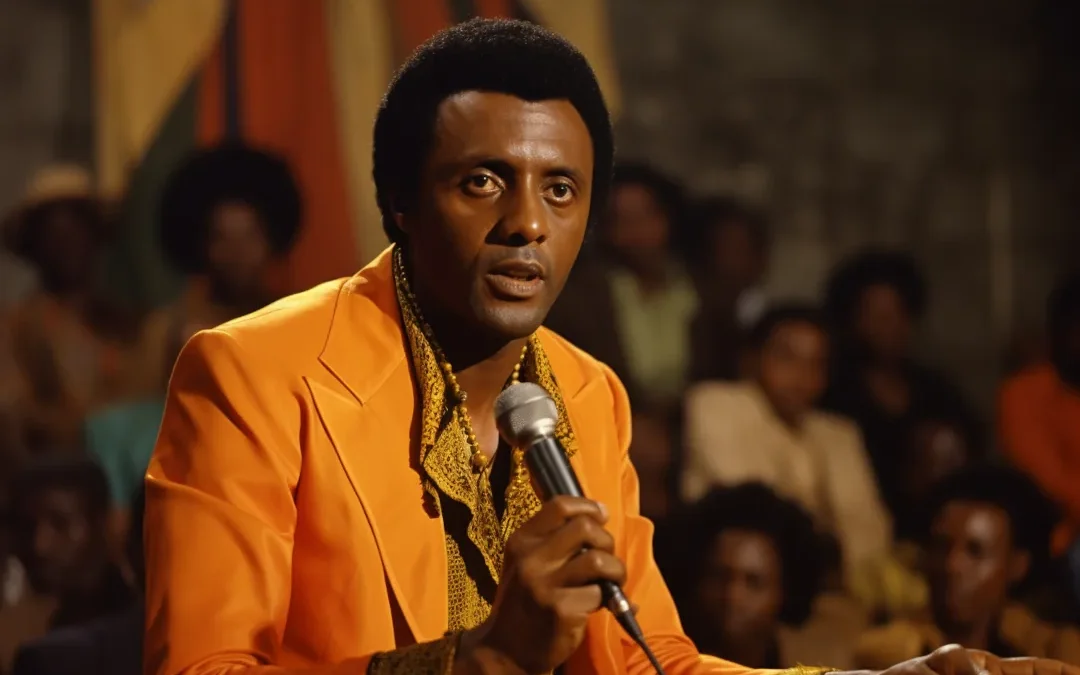Sorry for the abbreviated review. I left out pretty much all of the plot and character analysis, but these were my initial thoughts after finishing the film. I just never got around to finishing it. Now, weeks later, it’s too late to add more plot and character analysis without a rewatch. Bottom line: you should definitely watch *Us*. Jordan Peele continues to impress as a writer and director.
Us
Not too long ago, I wrote up a review of The Bad Batch that complained about when filmmakers make all sorts of awful contortions for the sake of allegory. What makes allegory so appealing for artists is that, when done well, the end result feels weighty, intellectual, and important. What happens when one tries to be weighty, intellectual, and important and misses the mark? Well, that’s the textbook definition of pretentious, making allegory the ultimate high-risk/high-reward form of writing.
No one has better capitalized on allegory than Jordan Peele, and Us provides a great example of why. I did not find Us enjoyable to watch. It’s unsettling. It’s somewhat entertaining, but only somewhat. The characters aren’t really the best. But the allegory makes the film. It’s not a sort of jigsaw puzzle one must piece together from scraps of allusions and obscure references. Us invites viewers to mull over its themes and consider various real life parallels. Great allegory neither requires great powers of interpretation nor does it give the answer to the test. Instead, great allegory compels the audience to ask important questions.
In many ways, the plot of Us functions like a Stephen King plot. I thought I had once read that Stephen King is indifferent to coherent explanations for horror. I tried to find a citation for this but came up empty (it might be from one of his books on writing, Danse Macabre or On Writing). Regardless of where I got the idea, it explains the antagonist forces in King’s writing. They often don’t make sense, but they don’t make sense in the way that nightmares and irrational fears don’t make sense. The things that cannot be explained often cause the most fear.
Jordan Peele also creates monsters that don’t make sense. As a filmmaker, pulls the audience into nightmares, focusing on the immediate terror of the characters. Then, when all is over and you may be tempted to consider why things don’t make sense, instead you have the allegory to mull over. Because the allegory fits so well—because it’s so apparent without appearing overly contrived—he’s immediately forgiven for any breakdown in story logic.
Even though I didn’t necessarily enjoy the process of watching Us, I walked away considering its many implications. It has a big twist at the end that I predicted early in the film, but it didn’t lessen the impact. That’s because, like with the rest of the film, the twist didn’t exist for mere shock value. The twist extended the allegory, forcing the audience to ask more uncomfortable questions.
There’s a common misconception—especially among Academy Award voters—that big emotions make for an “art” film. Bring the audience to tears? That’s art! Personally, I don’t think anyone makes better “art films” than Jordan Peele. They stick with you long after the ending credits, forcing you to consider their many implications. Us demonstrates the power of allegory to make an audience buy in to a seemingly ridiculous plot.




